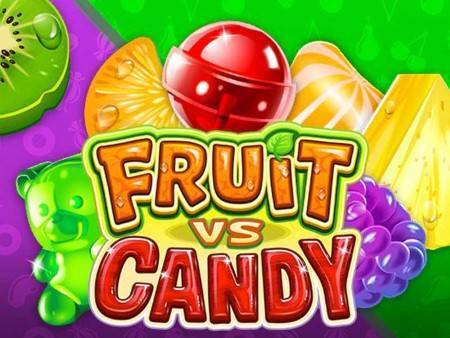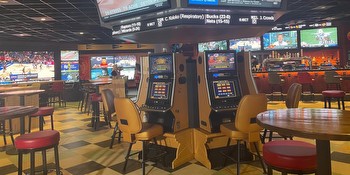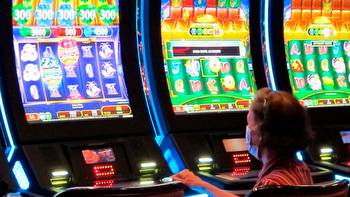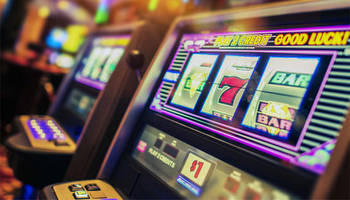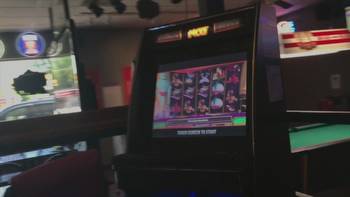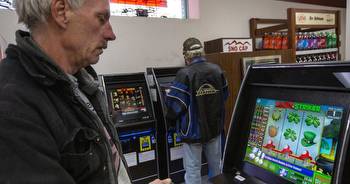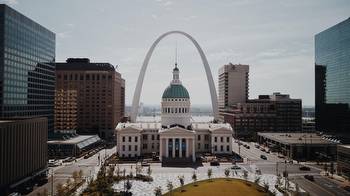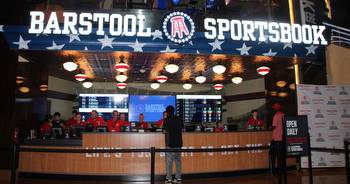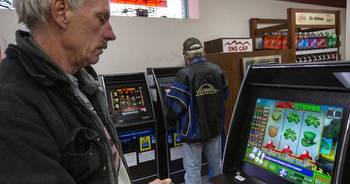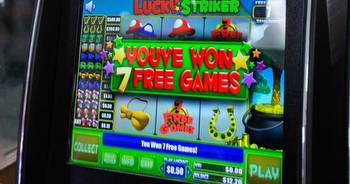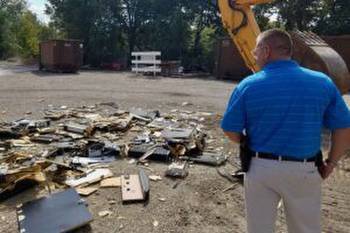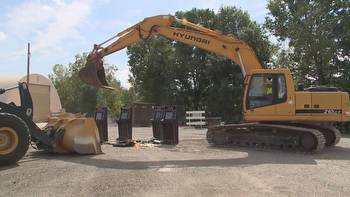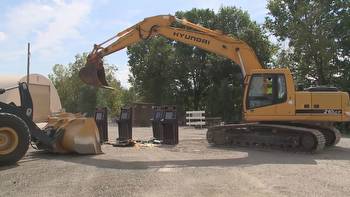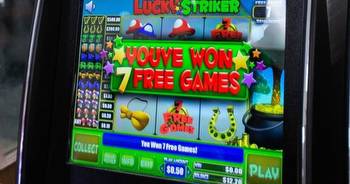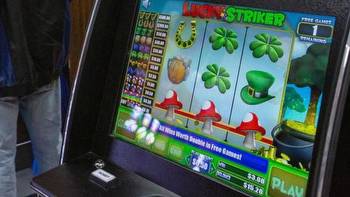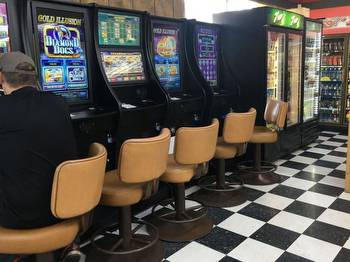From 'wise guys' in barrooms to flat screens and apps, how Kansas gambling has evolved
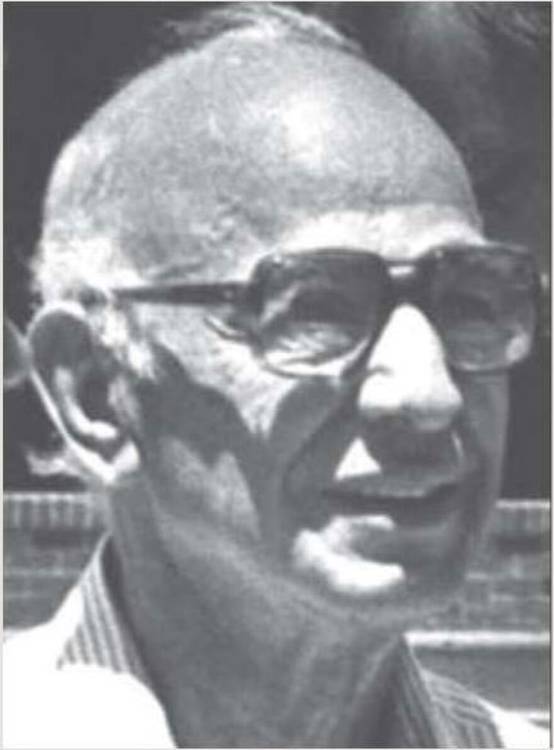
In the first 10 days of legal sports wagering in Kansas, people made almost $40 million in bets.
While that may sound like a windfall for the state’s treasury, it is not.
“After the payment of player prizes and deductions for promotional play and the federal excise tax, net sports wagering revenue for the first 10 days was $233,351, of which the state’s share is $23,335,” Kansas Lottery executive director Stephen Durrell told state lawmakers last week.
The Lottery expects the take to get bigger as promotional free plays and credits dry up and cash takes their place.
Cash once was the only method of sports betting in most of America. Before sports books with big screen TVs and phone apps that connect directly to a bank, bettors needed a “wise guy.”
“By and large, in the majority of major cities, especially from Kansas City east, the mob was going control the sports booking,” says Gary Jenkins, a former mob investigator with the Kansas City Police Department who now produces the podcast Gangland Wire.
Jenkins says sports wagering was the mob’s cash cow or line of credit. The local Civella family, for example, used profits from illegal sports betting to fund drug deals. And if a person was unable to pay their gambling debts, the mob would lend them the money at a high interest rate.
And, says Jenkins, they would use the money to buy off politicians or cops when needed.
“A politician doesn't want a check. He didn't want a credit card. He wants some cash money,” Jenkins explains.
Now the charm of getting a little money down on the Chiefs in a bar or barbershop is largely a thing of the past.
Which isn’t to say illegal gambling doesn’t still take place.
In June, the Missouri State Highway Patrol discovered what it described as casino-style slot machines in a gas station in southwest Missouri, according to the St. Louis Post-Dispatch. That prompted Missouri Lottery Director May Scheve-Rearson to say the illegal gaming industry had become brazen in the way it flouted state anti-gambling laws.
And just two weeks ago, the U.S. Attorney’s Office in Brooklyn, New York, said it indicted a Luchese crime family soldier and five others on charges of using offshore servers to run an illegal gambling operation.
That said, illegal gambling in Kansas City isn’t what it used to be.
“That means that we’re not necessarily doing sting operations targeting illegal gambling. More or less we’re working on complaints when somebody may call in,” says Sgt. Brad Dumit, head of the Kansas City Police Department’s vice unit. “For instance, there might be some illegal gambling machines in a gas station or convenience store.”
Fifty or 60 years ago, Dumit says, the vice unit made a lot of illegal gambling cases, busting bookies and illegal dice and poker games. Now, his unit must police everything from human trafficking to unlicensed businesses.
“They’re completely time-consuming investigations, and with the changing of the times now where more of it has become legalized, it isn’t really high on the prosecutor's list either,” Dumit says. “So putting time and effort into that is not necessarily something that is high on our priority list.”
In much the same way Las Vegas morphed from a mob town to a corporate metropolis, illegal betting in Kansas and much of America has likewise moved from the barroom to the betting app.







